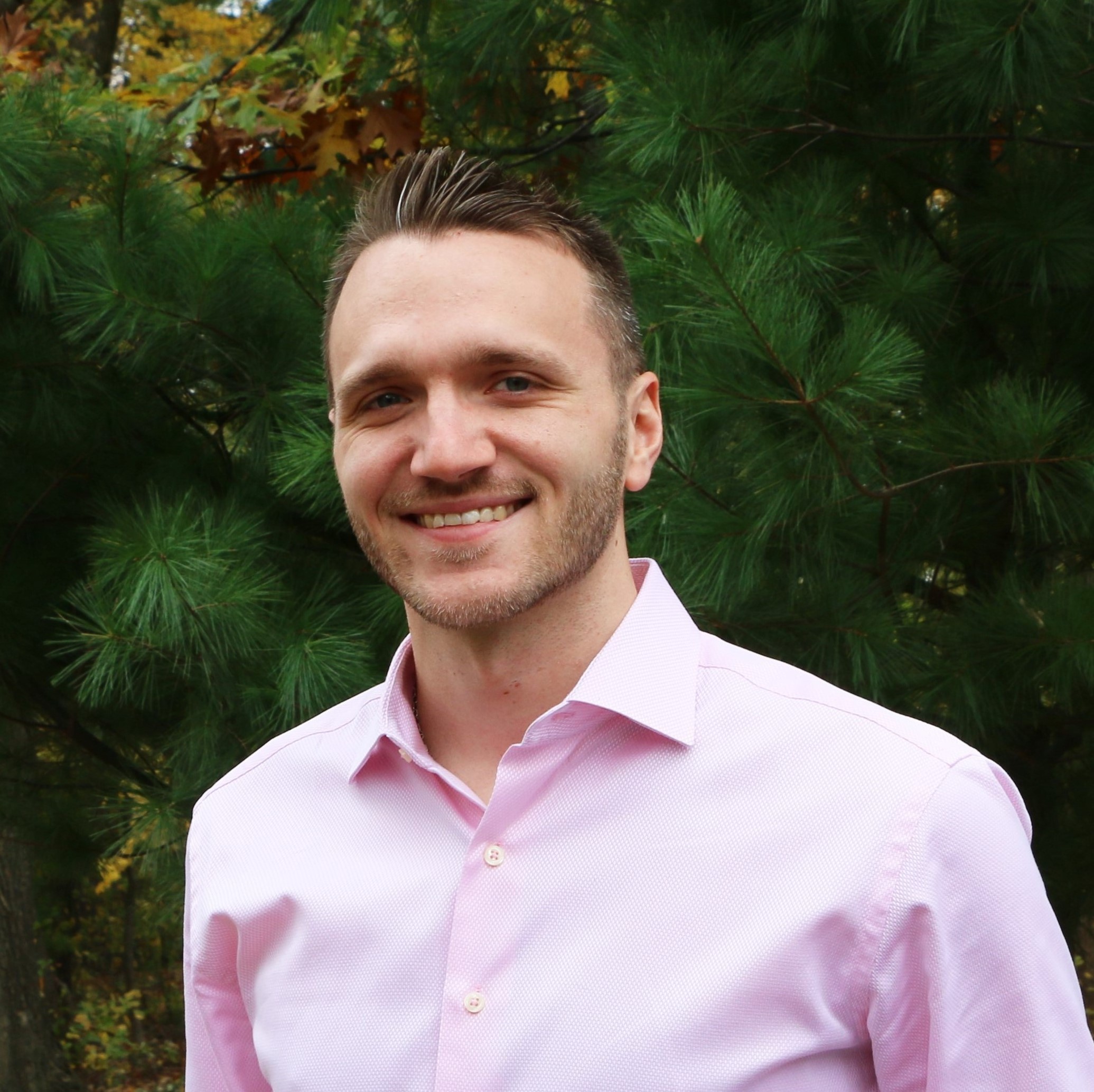Marc earned his PhD in the Systems Biology Department at Harvard University in 2018, working at the interface of computational and experimental cell biology in Marc Kirschner's lab. His thesis work built a more comprehensive understanding of how complex biochemical processes coordinate the essential events at the beginning of embryogenesis. Prior to his graduate work, Marc received a BS from The College of William & Mary.
Marc is committed to using fundamental principles of biology and mathematics to guide improved therapeutic design.
Scientist Spotlight
August 2020
What is your role at Applied BioMath?
“I’m a Senior Scientist on the Biology team. A crucial part of the Biology role is conceptualizing the main problem posed by the customer, making judgements on how to represent the relevant biological system in a quantitative way, and then examining how to use mathematical models to best deliver insights and drive drug development decisions.”
What do you love most about working here?
“The culture of learning, scientific focus, and research-oriented work environment that strives to iteratively improve our approaches to solve important problems. Also, the kindness and cleverness of my co-workers.”
What is the most rewarding part of your job?
“There are nonintuitive ways that drug programs can go awry, but they can be anticipated to a large extent with the guidance of quantitative frameworks. They can be used to hone in on the right questions to ask. No one can predict the future, but by thinking about processes carefully and quantitatively, you can help discover what’s important for a successful therapy and improve our understanding of living systems. And that’s what science is all about!”
What was your main area of focus during your academics?
“I was an embryologist (of sorts). I focused on using cutting-edge, quantitative techniques to ask fairly ancient questions about how the early embryo uses its biochemical toolkit to initiate the early steps of development. I call upon that perspective and skillset every day in this role.”
What made you get into the field of life sciences?
“I was always loved engaging with the natural world and exploring its connections. I originally channeled that interest through literature and was actually initially an English major in college. Once I started taking more advanced science classes, I found they were a whole new way to participate in that same interest. Fundamentally, I was drawn to Biology because I felt it was beautiful. Engineering-based, “nuts and bolts” perspectives in science are important, but people can and should be motivated in different ways. For me, I’ve always been an aesthetically-driven scientist.”
What do you like to do in your spare time? (what are some of your hobbies)
“My main hobby is that I am a musician. I actively play trumpet in a local band and have made dozens of dollars in my semi-professional music career.”
Do you have a motto or personal mantra you live by?
“So many worlds, so much to do, so little done, such things to be.”— Alfred, Lord Tennyson
If you won the lottery, what is the first thing you would do?
“I would endow a fellowship for 1st generation scientists. Science has always benefited from diverse voices, so I’d want to help expand accessibility. I’m the first person with an advanced scientific degree in my family, so I know the importance and power of early support when breaking into new areas.”
What is a random fun fact about yourself?
“My hometown once declared a Marc Presler Day! Though in fairness, it was a single date, not an annual event. I was working to earn my Eagle Scout and organized a service project for the community which involved developing a database and interviewing Veterans who were living in nursing homes in the area. Someone at City Hall in Fairfax, VA got wind of this and recognized me. More recently, I was retweeted by MC Hammer.”
What inspires you every day?
“Every day is an opportunity to discover, that’s what I look forward to— the chance to experience and learn.”

Key Research
- Early Feasibility Assessment: A Method for Accurately Predicting Biotherapeutic Dosing to Inform Early Drug Discovery Decisions
- Quantitative modeling predicts competitive advantages of a next generation anti‐NKG2A therapy over monalizumab for the treatment of cancer